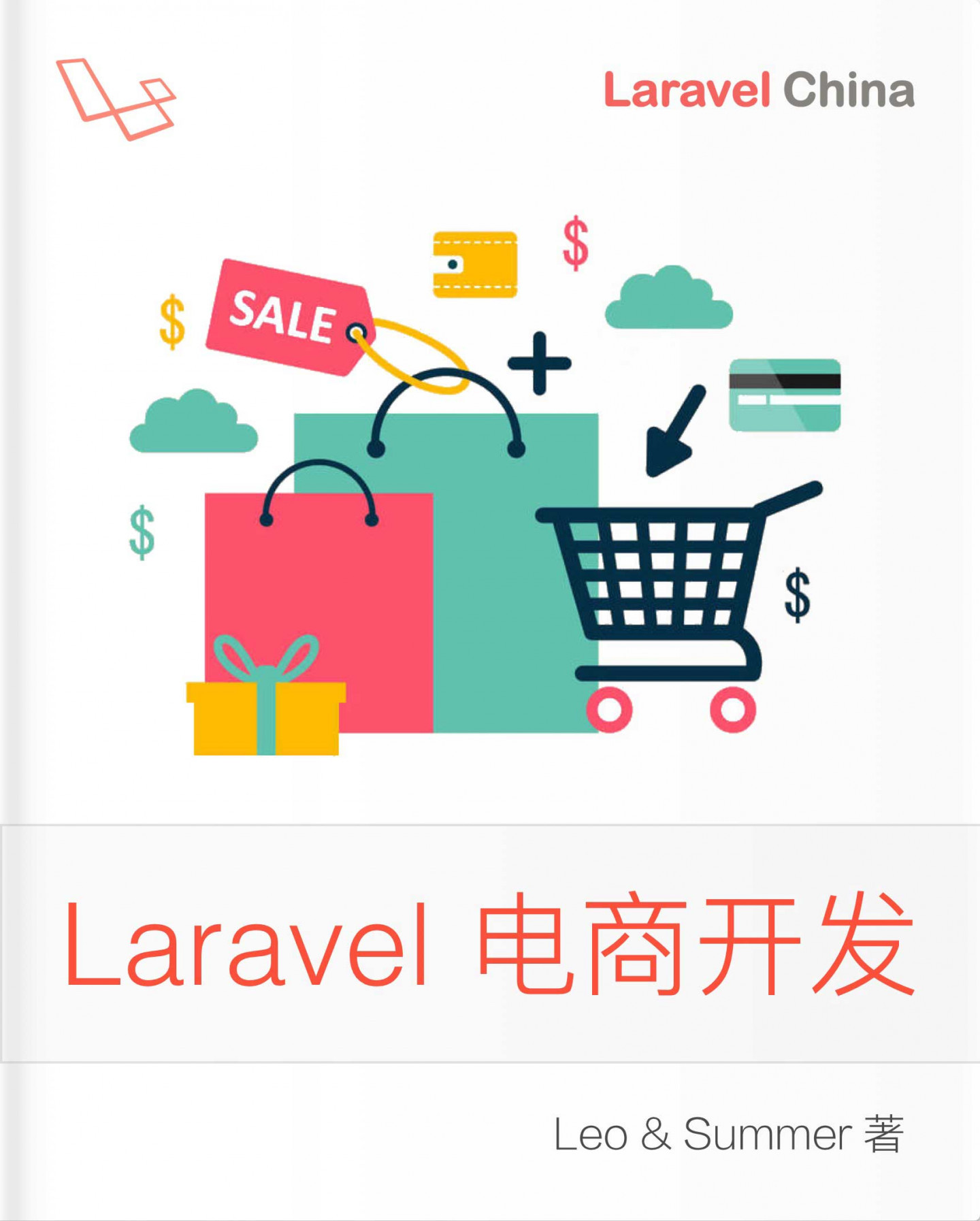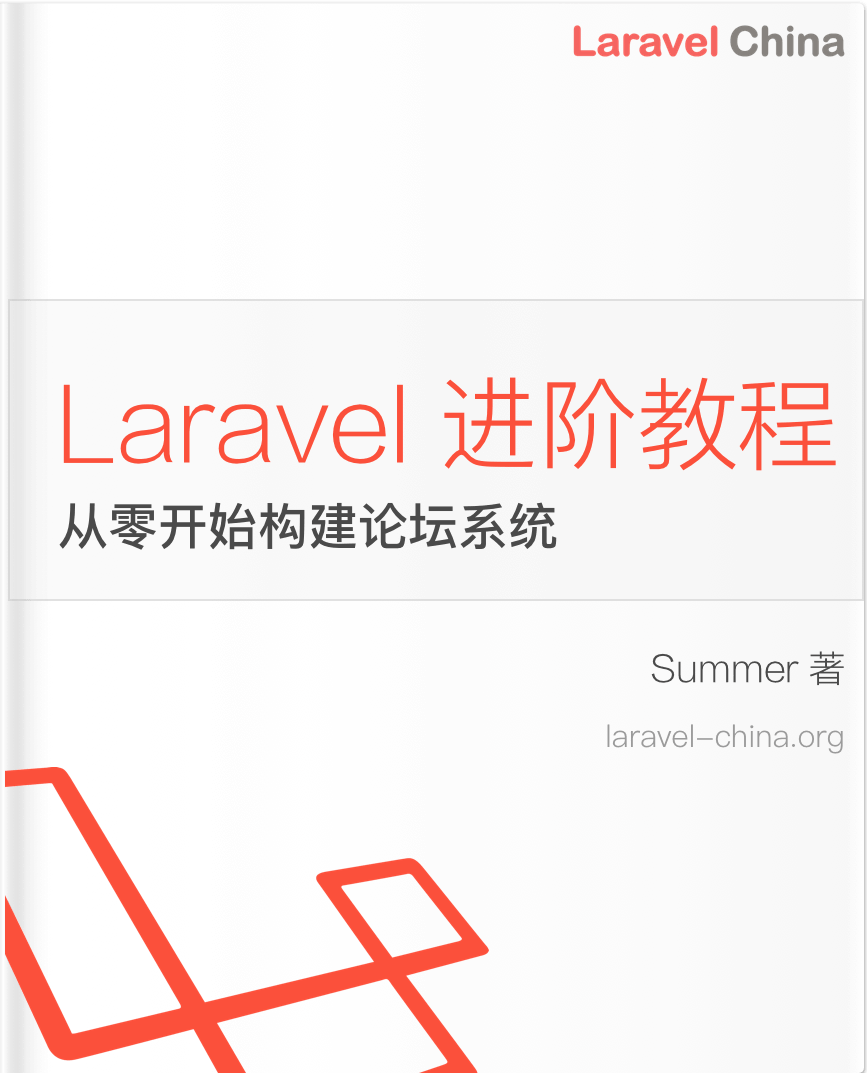3.3. 组合处理
这是一篇协同翻译的文章,你可以点击『我来翻译』按钮来参与翻译。
翻译时请参照官方英文原版文档。
Dealing with Composables
Composables are functions that leverage Vue Composition API to encapsulate and reuse stateful logic. Whether you write your own, you use external libraries or do both, you can fully use the power of Composables in your pinia stores.
Option Stores
When defining an option store, you can call a composable inside of the state property:
export const useAuthStore = defineStore('auth', {
state: () => ({
user: useLocalStorage('pinia/auth/login', 'bob'),
}),
})Keep in mind that you can only return writable state (e.g. a ref()). Here are some examples of composables that you can use:
Here are some examples of composables that cannot be used in an option stores (but can be used with setup stores):
- useMediaControls: exposes functions
- useMemoryInfo: exposes readonly data
- useEyeDropper: exposes readonly data and functions
Setup Stores
On the other hand, when defining a setup store, you can use almost any composable since every property gets discerned into state, action, or getter:
import { defineStore, skipHydrate } from 'pinia'
import { useMediaControls } from '@vueuse/core'
export const useVideoPlayer = defineStore('video', () => {
// we won't expose this element directly
const videoElement = ref<HTMLVideoElement>()
const src = ref('/data/video.mp4')
const { playing, volume, currentTime, togglePictureInPicture } =
useMediaControls(video, { src })
function loadVideo(element: HTMLVideoElement, src: string) {
videoElement.value = element
src.value = src
}
return {
src,
playing,
volume,
currentTime,
loadVideo,
togglePictureInPicture,
}
})SSR
When dealing with Server Side Rendering, you need to take care of some extra steps in order to use composables within your stores.
In Option Stores, you need to define a hydrate() function. This function is called when the store is instantiated on the client (the browser) when there is an initial state available at the time the store is created. The reason we need to define this function is because in such scenario, state() is not called.
import { defineStore, skipHydrate } from 'pinia'
import { useLocalStorage } from '@vueuse/core'
export const useAuthStore = defineStore('auth', {
state: () => ({
user: useLocalStorage('pinia/auth/login', 'bob'),
}),
hydrate(state, initialState) {
// in this case we can completely ignore the initial state since we
// want to read the value from the browser
state.user = useLocalStorage('pinia/auth/login', 'bob')
},
})In Setup Stores, you need to use a helper named skipHydrate() on any state property that shouldn't be picked up from the initial state. Differently from option stores, setup stores cannot just skip calling state(), so we mark properties that cannot be hydrated with skipHydrate(). Note that this only applies to writable reactive properties:
import { defineStore, skipHydrate } from 'pinia'
import { useEyeDropper, useLocalStorage } from '@vueuse/core'
export const useColorStore = defineStore('colors', () => {
const { isSupported, open, sRGBHex } = useEyeDropper()
const lastColor = useLocalStorage('lastColor', sRGBHex)
// ...
return {
lastColor: skipHydrate(lastColor), // Ref<string>
open, // Function
isSupported, // boolean (not even reactive)
}
})本文中的所有译文仅用于学习和交流目的,转载请务必注明文章译者、出处、和本文链接
我们的翻译工作遵照 CC 协议,如果我们的工作有侵犯到您的权益,请及时联系我们。

 Pinia 中文文档
Pinia 中文文档



 关于 LearnKu
关于 LearnKu



